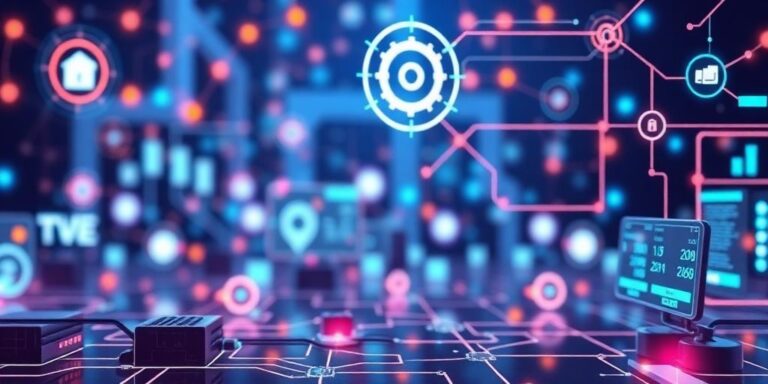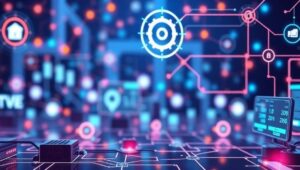The Developer Skills Needed for the Future of IoT (2026)
The Internet of Things (IoT) is rapidly evolving, and by 2026, it will be even more integrated into our daily lives. As the number of connected devices grows exponentially, the demand for skilled developers who can build, manage, and secure these systems will also increase. Let’s explore the essential developer skills needed to thrive in the future of IoT.
1. Embedded Systems Programming
Embedded systems are the heart of IoT devices. Developers need expertise in programming languages like C and C++ to interact directly with hardware. This involves writing efficient code that can run on resource-constrained devices. Understanding microcontrollers, sensors, and actuators is crucial for building robust IoT solutions.
- Key Skills: C, C++, Assembly Language, RTOS (Real-Time Operating Systems), Device Drivers
2. Cloud Computing
IoT devices generate massive amounts of data, which need to be processed, stored, and analyzed in the cloud. Developers must be proficient in cloud platforms like AWS IoT, Azure IoT Hub, and Google Cloud IoT. Understanding cloud services, serverless computing, and data streaming is essential for building scalable IoT applications.
- Key Skills: AWS IoT, Azure IoT Hub, Google Cloud IoT, MQTT, CoAP, RESTful APIs, Serverless Computing
3. Data Analytics and Machine Learning
The real value of IoT lies in the data it generates. Developers need skills in data analytics and machine learning to extract insights and automate processes. This involves using tools like Python, R, and TensorFlow to build predictive models and analyze patterns in IoT data. Knowledge of data visualization techniques is also important for presenting findings effectively.
- Key Skills: Python, R, TensorFlow, Machine Learning Algorithms, Data Visualization, Data Mining
4. Cybersecurity
Security is a major concern in IoT due to the large number of connected devices and the sensitive data they collect. Developers must be knowledgeable in security best practices to protect IoT systems from cyber threats. This includes skills in encryption, authentication, and vulnerability assessment. Understanding network security protocols and IoT-specific security standards is crucial.
- Key Skills: Encryption, Authentication, Network Security, IoT Security Standards (e.g., NIST, OWASP), Vulnerability Assessment
5. Networking
IoT devices communicate with each other and the cloud over various networks. Developers need a solid understanding of networking protocols and technologies like Wi-Fi, Bluetooth, Zigbee, and cellular. Knowledge of network topologies, routing algorithms, and network security is essential for building reliable IoT systems.
- Key Skills: Wi-Fi, Bluetooth, Zigbee, Cellular, TCP/IP, Network Topologies, Routing Algorithms
6. Mobile App Development
Many IoT solutions require mobile apps for user interaction and device management. Developers should be proficient in mobile app development platforms like Android and iOS. This involves building user-friendly interfaces, integrating with IoT devices, and ensuring secure communication.
- Key Skills: Android, iOS, Swift, Kotlin, Mobile UI/UX Design, IoT Device Integration
7. Blockchain
Blockchain technology can enhance the security and transparency of IoT systems. Developers need to understand how to integrate blockchain with IoT to create decentralized and tamper-proof solutions. This involves using blockchain platforms like Ethereum and Hyperledger to build smart contracts and secure data transactions.
- Key Skills: Blockchain, Ethereum, Hyperledger, Smart Contracts, Distributed Ledger Technology
Conclusion
The future of IoT is bright, but it requires skilled developers who can navigate its complexities. By mastering these essential skills, developers can play a key role in shaping the next generation of connected devices and applications. Embracing continuous learning and staying up-to-date with the latest trends will be crucial for success in the rapidly evolving world of IoT.




